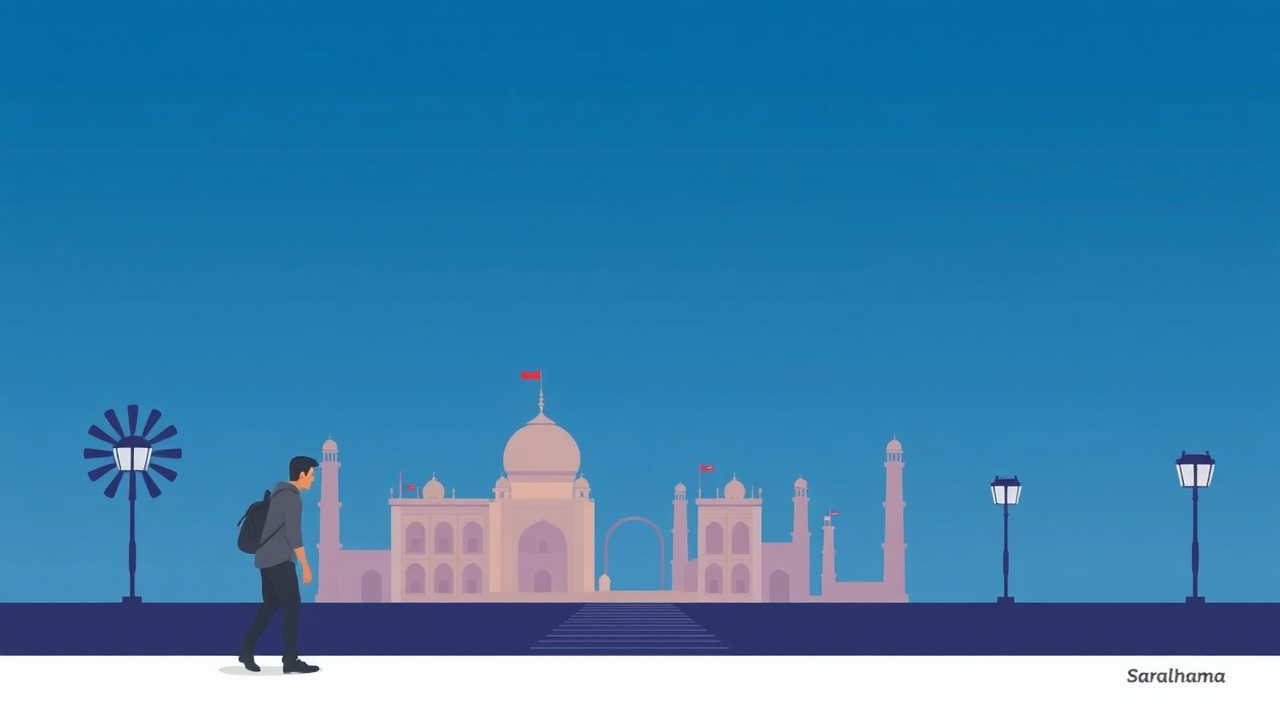The 30th European Union Film Festival is taking place in India from October 31 to November 9, 2025, beginning in Delhi before moving to Bengaluru and Hyderabad. The festival showcases 28 acclaimed films from all EU Member States and Ukraine, offering Indian audiences a rare opportunity to experience celebrated European cinema on the big screen. Organised by the Delegation of the European Union to India along with EU embassies and regional partners, the event fosters Indo-European cultural collaboration. Curator Artur Jósef Zaborski shared insights about this year's lineup, emphasizing the festival's focus on diversity and quality over trends. The selection highlights Europe's cultural richness, presenting films that reflect both achievements and challenges faced by EU nations, while creating connections between Indian and European audiences through shared cinematic experiences.

Celebrating Diversity Across European Cinema
This year's programme presents a complete panorama of European filmmaking, showcasing how diverse EU countries truly are. Curator Zaborski highlighted that each nation maintains its own integrity, identity, and unique way of expression despite being united under the EU. The films demonstrate different approaches to storytelling, covering varied themes, genres, and forms. The selection includes both celebratory works, such as Sweden's *The Swedish Torpedo* about female empowerment, and critical pieces like Luxembourg's *Grieving Underwater*, which tackles domestic violence. This balanced approach presents the EU honestly, acknowledging areas of pride alongside aspects requiring improvement, rather than following commercial trends or festival circuits.
The Curator's Challenge and Vision
Working as curator involves the joyful task of watching and selecting films, yet Zaborski faced the difficult challenge of choosing only 28 films from approximately 150 worthy candidates. Selecting Poland's entry proved particularly challenging for him, as he was born and raised there. He ultimately chose *It's not my Film* for its portrayal of Poland's landscape and reality. Zaborski, who has visited India previously, believes the festival creates meaningful connections between cultures by showcasing their differences as positive aspects. The event aims to present valuable cinema tackling subjects Indian audiences can understand, bringing European people, culture, and society closer through shared cinematic appreciation.
Source: Link
